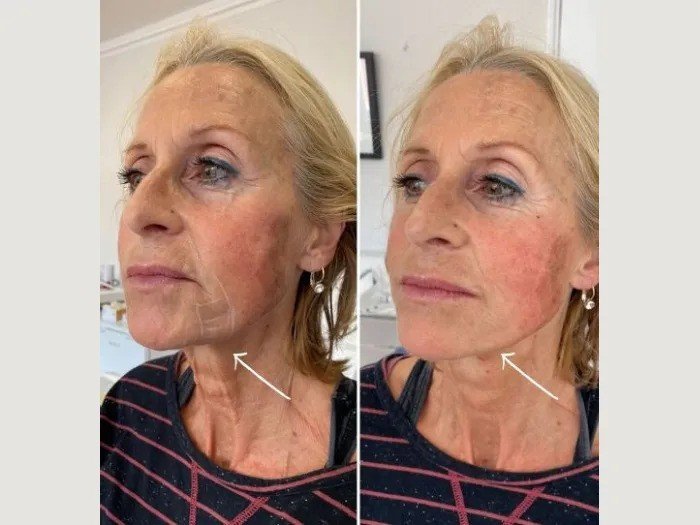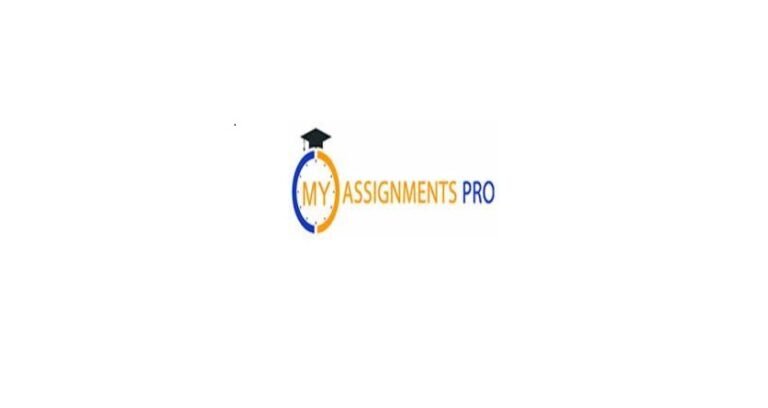Chimneys play a critical role in maintaining indoor air quality and home safety, ensuring that smoke, gases, and combustion byproducts are vented outside efficiently. However, chimneys are often neglected until visible issues arise, which can pose significant safety hazards. Recognizing early warning signs helps prevent costly repairs, health risks, and potential property damage. Understanding when to schedule a Chimney Inspection is essential for every property owner.
Why It Matters
Regular chimney maintenance is vital for both safety and efficiency. Over time, creosote, debris, or animal nests can accumulate, increasing the risk of chimney fires and obstructing airflow. Deteriorated masonry or liner damage may lead to hazardous carbon monoxide leaks, which are often undetectable without proper inspection. Addressing issues promptly ensures compliance with fire codes, protects structural integrity, and preserves the value of your home.
Common Problems
Several warning signs suggest immediate professional attention is required:
-
Unusual Odors: Persistent smoky or musty smells could indicate creosote buildup, moisture intrusion, or animal activity.
-
Visible Soot Buildup: Black, powdery deposits around the fireplace or hearth reveal excessive soot, a sign of poor combustion or blockages.
-
Smoke Backdraft: If smoke enters your living space rather than venting outside, this points to a blocked flue or damaged liner.
-
Cracked Masonry: Noticeable cracks, spalling bricks, or deteriorating mortar joints compromise chimney stability and allow water intrusion.
-
White Staining: Efflorescence—white, chalky deposits on the exterior—signals moisture problems within the masonry.
-
Animal Noises: Scratching, chirping, or rustling sounds may indicate birds or rodents have made nests inside the chimney.
-
Damaged Chimney Cap or Crown: Missing, broken, or rusted caps and crowns can expose the flue to weather and debris.
Key Benefits
Prompt chimney inspections offer several advantages:
-
Fire Prevention: Detecting and removing flammable creosote reduces the risk of chimney fires.
-
Improved Air Quality: Ensures harmful gases like carbon monoxide do not leak indoors.
-
Longevity: Early detection of wear or damage extends the life of the chimney and associated systems.
-
Cost Savings: Addressing minor issues early prevents expensive repairs or structural rebuilding.
-
Code Compliance: Satisfies insurance and local code requirements for residential and commercial properties.
“A neglected chimney is a silent hazard; regular inspection is the cornerstone of fire safety and indoor air quality.”—National Chimney Safety Institute
The Role of Chimney Cleaning San Francisco
Professional services such as Chimney Cleaning San Francisco provide comprehensive solutions tailored to local building codes and seasonal weather challenges. Skilled technicians evaluate both visible and hidden issues, using specialized equipment to detect blockages, structural damage, and hazardous buildup. By hiring local experts, homeowners benefit from up-to-date safety protocols, thorough cleaning methods, and accurate reporting. These services are particularly valuable in urban areas where environmental factors like salt air or pollution can accelerate chimney deterioration. Ongoing maintenance not only safeguards occupants but also optimizes heating system performance during the colder months.
Cost Breakdown
|
Service |
Average Price |
Includes |
|
Basic Chimney Inspection |
$100 – $250 |
Visual assessment, smoke test, report |
|
Level 2 Inspection |
$200 – $400 |
Camera scan, accessible areas, basic cleaning |
|
Chimney Cleaning |
$150 – $350 |
Soot/creosote removal, flue sweep, debris extraction |
|
Repair Estimate |
Varies |
Crack sealing, cap/crown replacement, masonry repair |
*Prices are approximate and may vary based on chimney height, condition, and location. Always request a detailed quote from a licensed provider.
Key Features
-
Comprehensive visual and camera-assisted inspection methods
-
Assessment of flue, liner, masonry, and cap/crown integrity
-
Creosote and soot accumulation measurement
-
Animal and debris removal services
-
Detailed inspection reports with repair recommendations
-
Adherence to local safety codes and standards
-
Flexible scheduling and emergency inspection availability
FAQs
Q: How often should I schedule a chimney inspection?
A: The National Fire Protection Association recommends annual inspections for all chimneys, fireplaces, and vents, regardless of usage frequency.
Q: Are inspections necessary if I rarely use my fireplace?
A: Yes. Even unused chimneys can develop structural issues, animal nests, or blockages over time, which may lead to safety hazards when eventually used.
Q: What certifications should a chimney inspector hold?
A: Look for technicians certified by the Chimney Safety Institute of America (CSIA) or National Fireplace Institute (NFI) to ensure industry-standard practices.
Q: Can I inspect or clean my chimney myself?
A: DIY inspections are not recommended due to the risk of overlooking hidden defects. Professional inspections use specialized tools and expertise to ensure complete safety.
Conclusion
Recognizing the early signs that signal the need for a chimney inspection can protect your property, health, and peace of mind. From unusual odors and visible damage to draft issues or animal activity, timely intervention helps avoid costly emergencies. Relying on professional chimney cleaning and inspection services ensures thorough evaluation, compliance with safety standards, and long-term system efficiency. Prioritize regular inspections to maintain a safe and comfortable living environment year-round.
Read More:San Francisco Chimney Sweep




